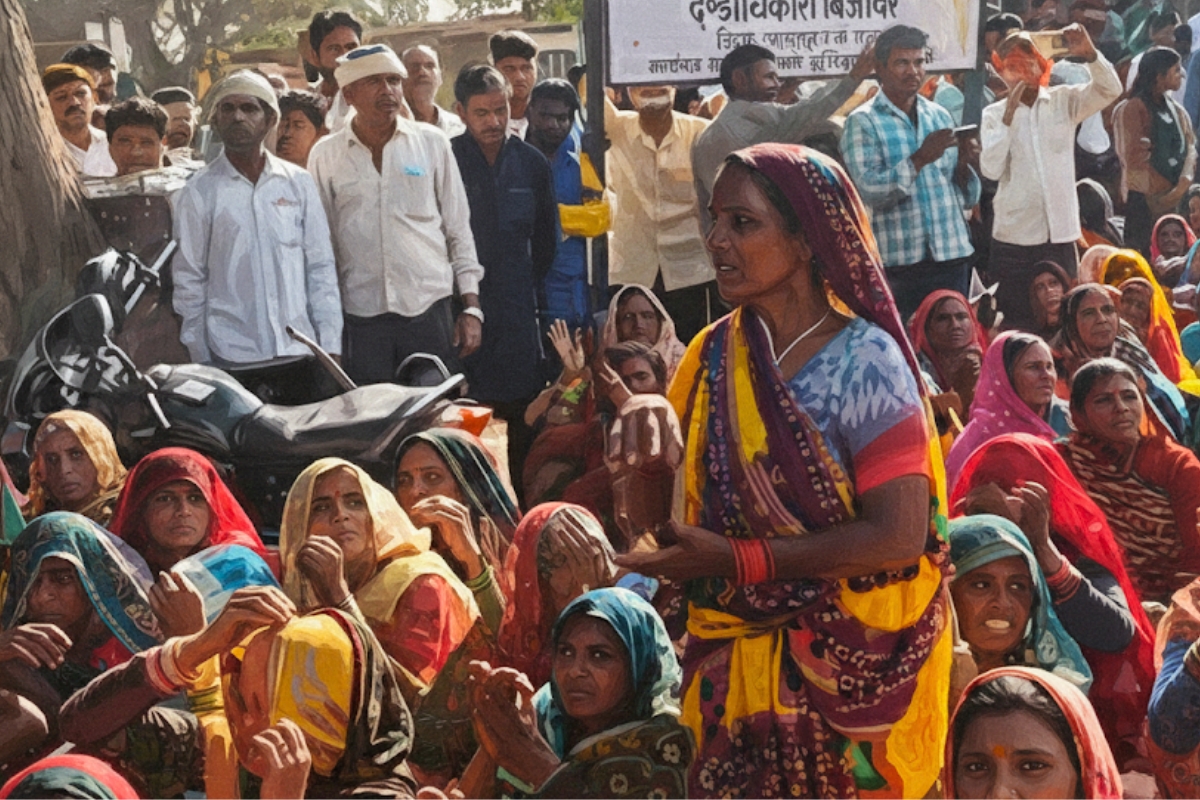As Delhi’s urban landscape expands, the need for wildlife rescues becomes urgent. A distressed peacock was rescued from the Prime Minister’s residence, highlighting the challenges faced by wildlife in urban settings.
In a few days, the Wildlife SOS team received multiple rescue calls, including retrieving two snakes and an Asian palm civet.
The Indian peafowl (Pavo cristatus) was found featherless and injured after entering the PM’s residence. Security contacted the Wildlife SOS helpline at +91-98719 63535. Upon arrival, the rescue team found the bird in despair. Examination revealed its feathers had been plucked and its feet were bound with string. After immediate veterinary attention, including medication and injections, the peacock was transferred to a Wildlife SOS transit facility for further care.
Kartick Satyanarayan, Co-founder and CEO of Wildlife SOS, stated, “Rescuing the distressed peacock highlights the growing threats wildlife face in urban areas. Our commitment is to ensure these animals receive urgent care.”
In addition to the high-profile peacock rescue, the Wildlife SOS team retrieved an 8-foot-long Indian rock python (Python molurus) from a guard house in Dera Mandi and a common wolf snake (Lycodon aulicus) from a government school in Lodhi Estate. Both reptiles were relocated to suitable habitats.
Atal Adarsh Vidyalaya’s principal, Girish Kumar Sharma, expressed gratitude for Wildlife SOS’s prompt action. “We appreciate their prompt response and the information about the rescued snake. This incident has reassured us and highlighted the need for greater awareness about reptiles,” he remarked.
In a separate rescue, an Asian palm civet (Paradoxurus hermaphroditus) was freed after becoming trapped in a balcony net at a residence in Masjid Moth.
Suvidha Bhatnagar, Director of Communications at Wildlife SOS, emphasized the importance of public awareness in addressing wildlife encounters. “Rapid urbanization is forcing snakes and mammals to seek food and shelter near human settlements. We must dispel misinformation and educate the public,” she said.
As urban development encroaches on natural habitats, organizations like Wildlife SOS are vital for protecting the city’s wildlife.
Support us to keep independent environmental journalism alive in India.
Keep Reading
Khadi Haat village’s power-free wastewater treatment solution and more
How much wastewater is being reused in Delhi?
Follow Ground Report on X, Instagram and Facebook for environmental and underreported stories from the margins. Give us feedback on our email id greport2018@gmail.com.
Don’t forget to Subscribe to our weekly newsletter, Join our community on WhatsApp, and Follow our YouTube Channel for video stories.






